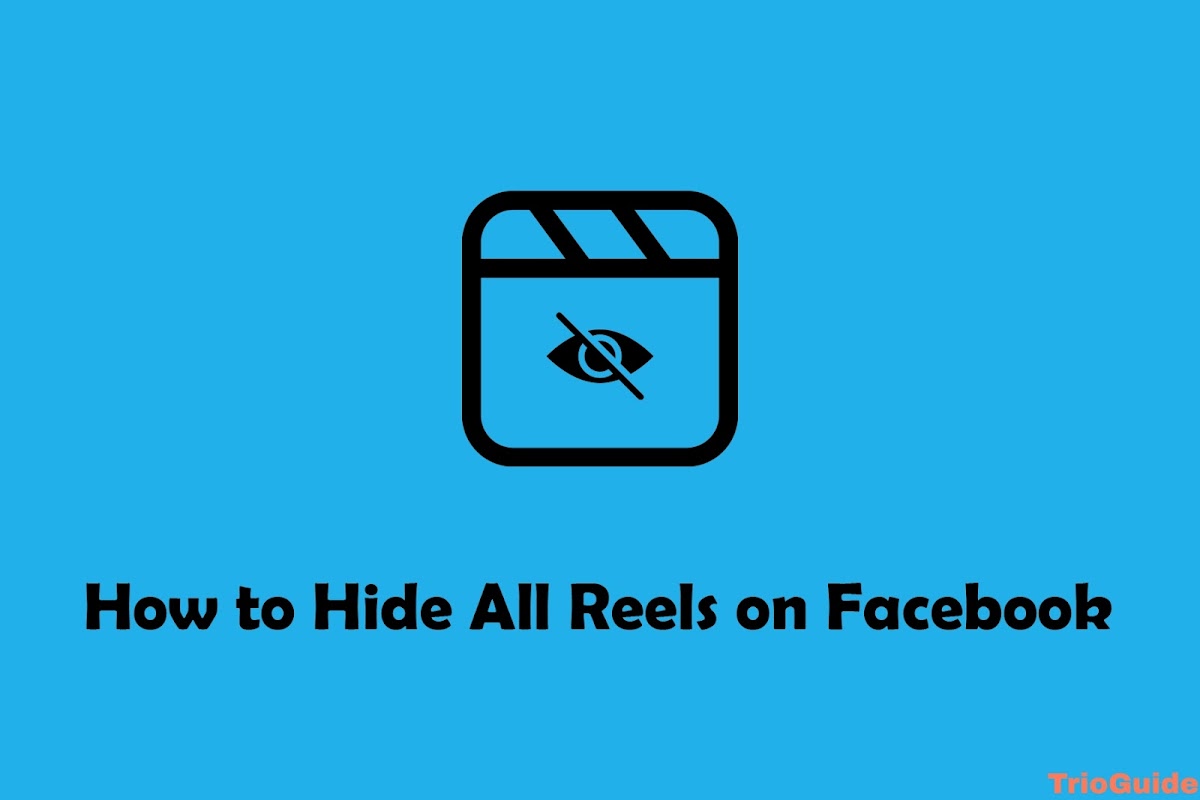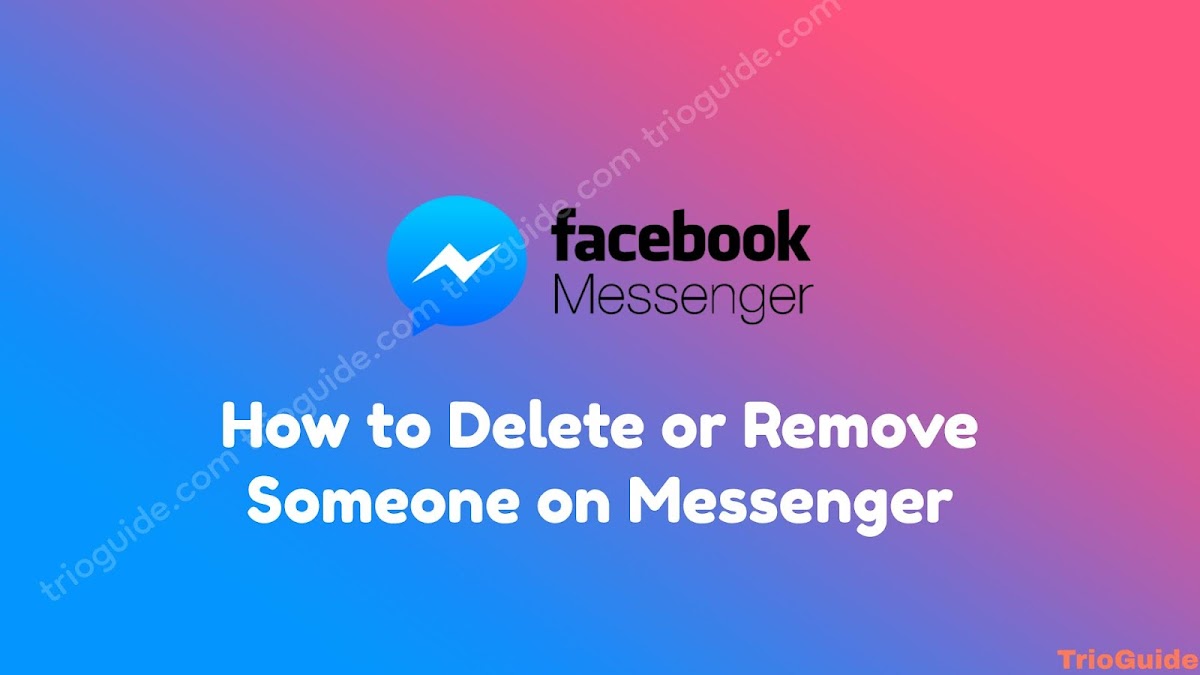![Facebook Page Monetization requirements [year] 2 Facebook Page Monetization requirements](https://blogger.googleusercontent.com/img/b/R29vZ2xl/AVvXsEj2wtx84Ts_DzwQfZt2RPfY83vKzwZnx-K6MxGRxsm828EtD2mQewLBbpEOFRJWxN9pIRuZ22_xc_CctpE6UmsO35ML8MsGNHnog7nYNpO5fre3HrI9v_Gs5hS6aeyBZ1UIDYVCcLMVloZDvLAeVj9ZLDwfVTBCe1MkjKVcqmrZWJ_OjH4LYOSVeQ-U/s800/facebook-page-monetization-requirements.jpg)
You are a content creator, you have a good number of followers and your content getting a good number of views now you want to monetize your Facebook page. But you don’t know what are the requirements for Facebook page Monetization. If you are facing this issue, you should follow this article to know when you can apply for monetizing your Facebook page.
In this article, we will know all the requirements of Facebook Page Monetization.
Monetization Eligibility for Facebook Page
There are a few different ways to make money from the content you post on Facebook. To be eligible, however, your entire Page and its content must adhere to our rules for monetization. How well you and your Page follow these rules will determine your monetization eligibility.
Rules for monetization
You and your Page need to follow three main sets of rules to be eligible to monetize your content on Facebook:
- Facebook Community Standards:
- These are Facebook’s foundational rules against unsafe content that depicts graphic violence, nudity, and hate speech. In most cases, even non-monetized content must follow Facebook’s Community Standards.
- Partner Monetisation Policies:
- Facebook’s Partner Monetisation Standards are typically applied at the Page level and address the behavior of your Page as a whole, including rules for the content that your Page creates, how that content is shared and how your Page receives and makes online payments.
- Content Monetisation Policies:
- These rules typically apply at the content level. They address the content of each individual video or post that your Page publishes. Facebook’s Content Monetisation Policies include rules against violent, sexual, criminal, graphic, or profane content.
Facebook Monetization Requirments and Criteria
For monetization status, you need to go through some steps.
- First, open Facebook Creator Studio. If you are not logged in, just log in with your Facebook account.
- Now, on the left side click on Monetization.
- In this step, you need to check your Page eligibility for Monetization.
Page eligibility
- Now go to the right bottom side and scroll down and find In-Stream Ads for On-Demand and click on View Criteria. Here you will see three criteria and indicator boxes.
- Grow Your Audience.
- Create Engaging Content.
- Build Your Video Library.
- Now check those three indicator boxes. If they are green, that means all those criteria are fulfilled, if they are not then fulfill those criteria.
Monetization eligibility checker Indicator
Yellow: Your Page has a few issues that may be impacting its ability to earn money.
Red: Your Page has serious issues. You cannot use this Page to earn money at this time.
- Now click on Close Criteria. Again scroll down and check Fan Subscriptions and Instant Articles. In the end, find In-Stream Ads for Live and click on View Criteria. Here you will see two criteria and indicator boxes.
- Grow Your Audience.
- Broadcast Engaging Content.
- Now check those two indicator boxes. If they are green, that means all those criteria are fulfilled, if they are not then fulfill those criteria.
Those are the requirements for Facebook Monetization. There are some more basic and detailed requirements for monetization.
Before you begin
- You must pass and remain compliant with Facebook’s Partner Monetization Policies.
- You must be at least 18 years old.
- You must live in a country eligible for in-stream ads.
Eligibility Requirements for Video On-Demand
- 10,000 followers.
- 600,000 total minutes viewed in the last 60 days. This can include on-demand, live, or previously live videos. This does not include minutes viewed from crossposted, boosted, or paid watch time.
- The page has at least 5 active videos. Videos can be on-demand or previously live, but this does not include active crossposted videos.
Monetizations Standards and Policies according to Facebook
Partner Monetization Policies
In order for publishers, creators, and third-party providers to utilize monetization tools on Facebook, they must pass and remain compliant with a set of rules called Partner Monetization Policies and Content Monetization Policies.
These rules apply to all Pages, profiles in professional mode, Events, and Groups on Facebook.
Partner Policies
In order to earn money on Facebook, you must:
Create content on an eligible surface
Reside in an eligible country
Follow Facebook Community Standards
If you believe your content may have violated our Community Standards, check for a notification. If you believe you may have violated Facebook policies regarding intellectual property, learn more about copyright or trademark infringement.
Follow Facebook Content Monetization Policies
Share authentic content
Share original content
Monetize authentic engagement
Creators, publishers, and third-party providers may lose the ability to monetize if their audience significantly consists of fake engagement, including, but not limited to, Likes, follows, and views.
Follow Facebook Payment Terms
Follow Facebook Pages, Groups and Events Terms
Develop an established presence
Follow Facebook rules for politicians and governments
1. Current elected and appointed government officials.
2. Current political candidates.
3. Political parties.
4. Registered political committees.
5. Government agencies and departments.
Communications that are regulated as political advertising under applicable law are also ineligible for monetization features. However, in the United States, the branded content tool may be used in branded content posts if the paying partner has been authorized to run ads about social issues, elections, or politics.
Only connect to entities that follow Facebook policies
Content Monetisation Policies
All content on Facebook must comply with Facebook Terms and Community Standards. These are Facebook’s high-level rules against sexual, violent, profane, or hateful content. However, content appropriate for Facebook, in general, is not necessarily appropriate for monetization.
Additional requirements:
- Adhere to Facebook Partner Monetization Policies.
- Have an authentic and established presence.
- Avoid engaging in any fraudulent business activities.
- Produce content that does not violate Facebook Content Monetization Policies.
Prohibited formats
Content presented in the following formats cannot be monetized:
Static videos
Static image polls
Slideshows of images
Looping videos
Text montages
Embedded ads
Prohibited behaviors
The following behaviors cannot monetize:
Engagement bait
Soliciting engagement
1. Consumption of inedible substances.
2. Showing graphic content.
3. Consumption of drugs, tobacco, or alcohol.
4. Disrobing or other sexual behavior.
Restricted Categories
Content that depicts or discusses subjects in the following categories may face reduced or restricted monetization:
Debated social issues
1. Race.
2. Gender.
3. National origin.
4. Age.
5. Political affiliation.
6. Ethnicity.
7. Disability.
8. Sexual orientation.
9. Socioeconomic class.
10. Religion.
11. Immigration.
12. Legitimacy of elections.
Facebook defines “debated social issues” as “social issues that provoke debate, such as personal, civil, or political rights”. Content that exploits controversial political or social issues for commercial purposes is always excluded.
Tragedy or conflict
1. Death.
2. Physical injury.
3. Mental disabilities.
4. Illness.
5. Physical abuse.
6. Sexual abuse.
7. Emotional abuse.
8. Property damage.
Facebook defines “tragedy or conflict” as “physical or emotional distress, such as death, injury, abuse, illness, or destructive events”.
Objectionable activity
1. Substance abuse.
2. Threats.
3. Advocating for harm.
4. Trafficking.
5. Theft.
6. Vandalism.
7. Trespassing.
8. Corruption.
9. Fraud.
10. Bribery.
11. Insider Trading.
12. Embezzlement.
13. Hacking.
14. Copyright Infringement.
15. Judicial proceedings.
Facebook defines “objectionable activity” as “substance use, abuse, or crimes”. Facebook always excludes content that promotes the sale or use of illegal, prescription, or recreational drugs.
Sexual or suggestive activity
1. Nudity.
2. Sexual activity.
3. Sexual poses.
4. Suggestive dancing.
5. Simulations of sexual activity.
6. Sex objects.
7. Suggestive language.
8. Revealing or absent items of clothing.
Facebook defines “sexual or suggestive” content as “mature sexual or suggestive topics”. Facebook always excludes nudity, depictions of people in explicit or suggestive positions, or activities that are overly suggestive or sexually provocative.
Strong language
1. Profanity.
2. Derogatory words.
3. Sexual words.
4. Innuendos.
5. Crude gestures.
6. Vulgar motions.
Facebook defines “strong language” as “profanity, derogatory words, or vulgar sexual language”. Extremely offensive profanity that is not censored and the use of derogatory words or phrases is always excluded.
Explicit content
1. Wounds
2. Infections
3. Bodily fluids
4. Medical procedures
5. Food processing
6. Extreme body modification
7. Bodily functions
8. Ingesting substances not intended for consumption
9. Ingesting nauseating substances
10. Decay
11. Infestation
Facebook defines “explicit content” as “injury, gore, or bodily functions or conditions”. Facebook always excludes shocking, sensational, disrespectful, or excessively violent content.
Prohibited categories
In addition, the following types of content are ineligible for monetization:


![This person is unavailable on Messenger 2024 [Reason and Ways to Fix]](https://blogger.googleusercontent.com/img/b/R29vZ2xl/AVvXsEgdN_evqD2vyR8yy9wbKRu9FePRxM7ai9GnlXG078PQeXzr_ECon2eAZkkT29yGsL_RjwFre2XRrUPMKKXUJgxkZMwVOeNplXtkmQazAKXfM9GqzxOySLTLVfh3LAPLod84urrN1uTv_A12DztGDnDU1q1cL1rpn8RSWhYaQNUCADecEql4BtJgZf65/s1200/this-person-is-unavailable-on-messenger-how-to-fix.jpg)


